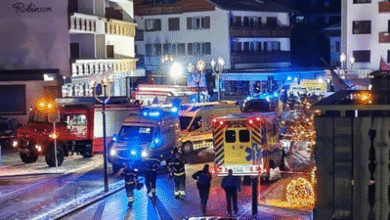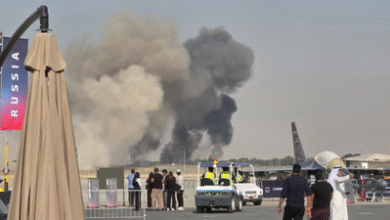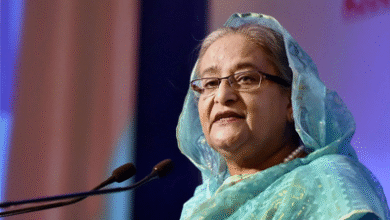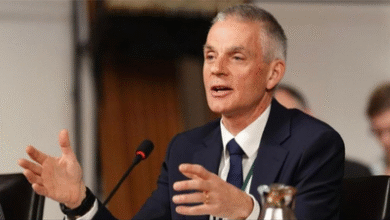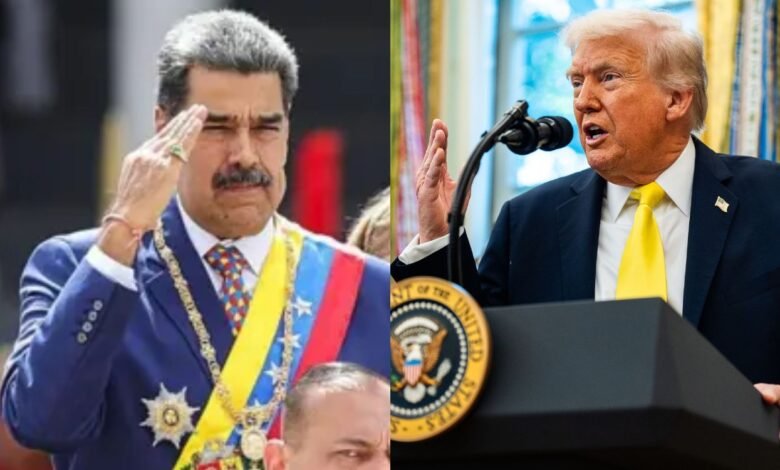
Trump Authorizes Secret CIA Operations in Venezuela to Topple Maduro
WASHINGTON – The Trump administration has secretly authorized the CIA to conduct covert operations in Venezuela, a significant escalation in its campaign to oust the country’s authoritarian leader, Nicolás Maduro, according to U.S. officials.
The new presidential finding grants the CIA broad authority to carry out a range of actions, including potentially lethal operations, either unilaterally or in conjunction with a larger military effort. The move comes as the U.S. military ramps up its presence in the region, with 10,000 troops, eight warships, and a submarine now stationed in the Caribbean.
On Wednesday, President Trump confirmed the authorization and warned that the U.S. was considering strikes on Venezuelan territory. “We are certainly looking at land now, because we’ve got the sea very well under control,” the president told reporters, signaling a potential new phase in the pressure campaign.
For weeks, the U.S. military has been targeting boats off the Venezuelan coast, which it claims are involved in drug trafficking, resulting in 27 deaths. The administration has privately made it clear that the ultimate goal of these actions is to force Mr. Maduro from power.
The strategy, developed by Secretary of State and National Security Adviser Marco Rubio with CIA Director John Ratcliffe, aims to dismantle the Maduro government, which the U.S. has labeled a “narco-terrorist” regime. The administration has justified its actions by claiming that Venezuela has “emptied their prisons into the United States,” specifically referencing the Tren de Aragua prison gang, which it alleges is controlled by Maduro and is conducting “irregular warfare” against the U.S.
However, a February intelligence community assessment contradicted the claim that the gang was under the Maduro government’s control, a conclusion that was later reaffirmed despite pressure from a top administration official.
The authorization gives significant power to a CIA director who has promised to make the agency more “aggressive” and less “averse to risk.” The development has raised concerns given the CIA’s mixed and often controversial history of covert action in Latin America, including its role in coups in Guatemala and Chile and the failed Bay of Pigs invasion of Cuba.
While military operations are generally public, CIA covert actions are typically kept secret, making congressional oversight difficult and heightening the risks of a clandestine conflict in the region.



